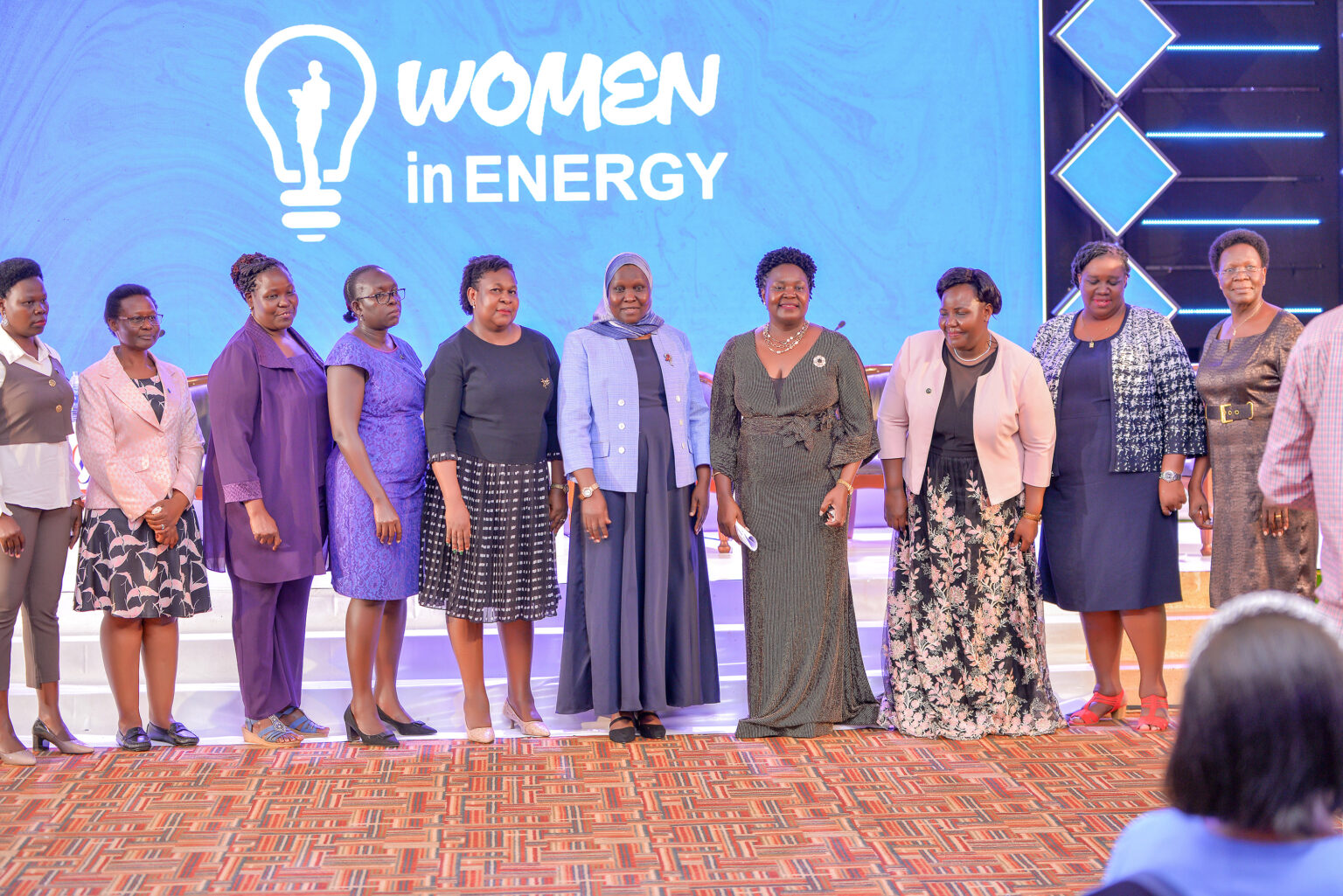The Women in Energy Project led by power regulator, the Electricity Regulatory Authority (ERA) has promoted the participation of women in the energy sector by inspiring young female generation to embrace Science, Technology, Engineering, and Mathematics (STEM), and pursue a career leading them to the energy sector, with the overall view of bridging the wide gap between men and women in the sector.
Established in March 2019 in line with the International Women’s Day celebrations, the Women in Energy project targets to motivate, inspire and mentor the young female generation to enable them to make informed career and life decisions and be able to benefit from the opportunities in the energy sector.
On Thursday, ERA organized a Women in Energy Forum in Kampala where it was revealed that there is a huge gender imbalance in the energy sector, characterized by male dominance against females to a ratio of 75 to 25.
Gender imbalance in the energy sector has persisted despite the appointment of females to occupy top positions such as Energy Minister, Ruth Nankabirwa, Permanent Secretary, Irene Batebe, ERA Board Chairperson, Sarah Wasagali Kanaabi, the Authority CEO, Eng. Zaria Tibalwa Waako among others.
Although the appointment of women in top positions in the sector is a remarkable milestone, ERA Board Chairperson, Sarah Wasagali Kanaabi asserts that the ratio of women to men is still very low, and calls for gender balance in the sector.
“In the sector, it stands at [a ratio of] 25 to 75. So we still have work to do together to ensure that these ratios [balance]……. We should now advocate for 50:50 ratio. And we are 100% in agreement with him [previous speaker] because after all, the women outnumber the men in this country in terms of demographics,” said Ms. Kanaabi at the Women in Energy Forum in Kampala on Thursday.
Ms. Kanaabi whose service in the energy sector began in 2015 as a Board member of the Electricity Regulatory Authority before she was appointed Board Chairperson, noted, “in my eight years of service, I have been privileged to witness this imbalance. The gender imbalance from the top to the bottom. Now we should work hard to eliminate that imbalance.”
Despite the male dominance, the mighty women steering the electricity sub sector have significantly transformed it to be ranked number one on the African continent for the last five years.
The Uganda’s electricity regulatory framework has been ranked number one by the Electricity Regulatory Index released by the African Development Bank for five consecutive years, including this year.
Ms Kanaabi said the appointment of women to occupy top positions in the energy sector, presents a notable advantage because these strategic positions can be used to influence decisions that address challenges faced by women in the country, especially the limited access to clean energy.
According to the ENERGIA International Network on Gender and Sustainable Energy – Uganda country brief of 2020, Women’s limited representation in the energy sector is partly attributed to the limited number of women engaging in STEM courses.
The ERA Chief Executive Officer, Eng. Ziria Tibalwa Waako said that by collaborating with the Ministry of Education, the ladies in the country’s Electricity Supply Industry (ESI) are best placed to encourage girls to take up STEM subjects and courses.
“This will not only enhance women’s participation in the sector, but also boost women’s employment and decision-making in the energy sector,” said Eng. Waako.
Angela Nakafeero, the Commissioner for Gender and Women Affairs in the Ministry of Gender, Labour and Social Development who represented the Permanent Secretary, Aggrey Kibenge, said the country needs a gender policy for the energy sector.
“We need to develop a gender policy for the sector under the Uganda Gender Policy that is before cabinet. We have reviewed it, and is before cabinet for approval. Reviewing the [gender] policy framework is very important; developing the capacities for delivery of gender equality in the energy sector is important, strengthening the professional expertise of women and men in the sector is very important, undertaking research strengthening the existing structures, creating equal opportunities for women through recruitment, professional development, representation, promotion, all those are very important. Of course we are not saying that women should be promoted for the sake of promoting them….. I know we have committed professionalism, and that will set the pace for promotion,” she said.
Nakafeero challenged the energy sector to adopt zero tolerance to gender based violence at the places of work, including sexual harassment and abuse.
The way women conduct themselves, Nakafeero said should never give men the privilege to subject women to sexual abuse.
“We appreciate that our dress code has to be professional, but it doesn’t give the man an excuse to subject a fellow worker to sexual abuse. It is against our laws, it is against our policies,” she said.
The Equal Opportunities Assessment Report of 2018 observed the Energy sector as a male-dominated employer with only approximately 30% female staff who mostly work in the lower structures and administrative roles.
The Energy Minister, Ruth Nankabirwa said, “this is an imbalance we must deliberately correct.”
Although she expressed excitement that women are making inroads into the management of the energy sector, Nankabirwa challenged female managers in the sector to create a conducive environment for female workers to thrive and deliver.
“That is what we want from you people, because you are now there, you are CEOs, you are Chairpersons of Boards, you are there. What value are you going to add? Are you going to sit there and you are comfortable, you arrived? You are untouchable? No. This is a revolution which has to continue until it becomes a normal thing that people will begin getting ashamed if there is something missing regarding gender parity,” Nankabirwa said.

